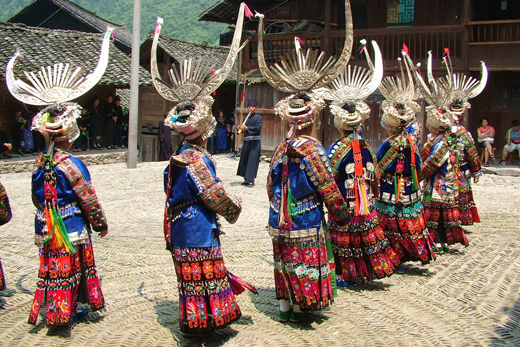While most of the world has been dazzled by the transformation of China's cities in recent years, Emory anthropologist Jenny Chio has been quietly recording changes in the rural way of life. Her documentary film "农家乐 Peasant Family Happiness" explores the impact of tourism in China, from the perspective of residents of two rural villages where urbanites go to seek a "country" experience.
The film, which won the 2013 David Plath Media Prize from the Society for East Asian Anthropology, is getting good reviews as it makes the rounds of conferences and festivals. In May, Chio has a book coming out, "A Landscape of Travel: The Work of Tourism in Rural Ethnic China," which will give more details about the impact of touristic desires on village life, while also delving into the visual politics of tourism and photography.
"I'm fascinated by tourism and I think it's an important topic," Chio says, "but I don't study tourists. I made a decision early on to focus instead on the people who are actually doing the work to create an enjoyable, cultural experience for the tourists."
Chio was born in the United States, to parents who immigrated from Taiwan in the early 1970s. She was raised in the Midwest and California and speaks Mandarin Chinese.
As an undergraduate majoring in anthropology at Brown University she became interested in museums, particularly those run by Native Americans, and how they are used to address historical trauma and promote revitalization of cultural heritage.

